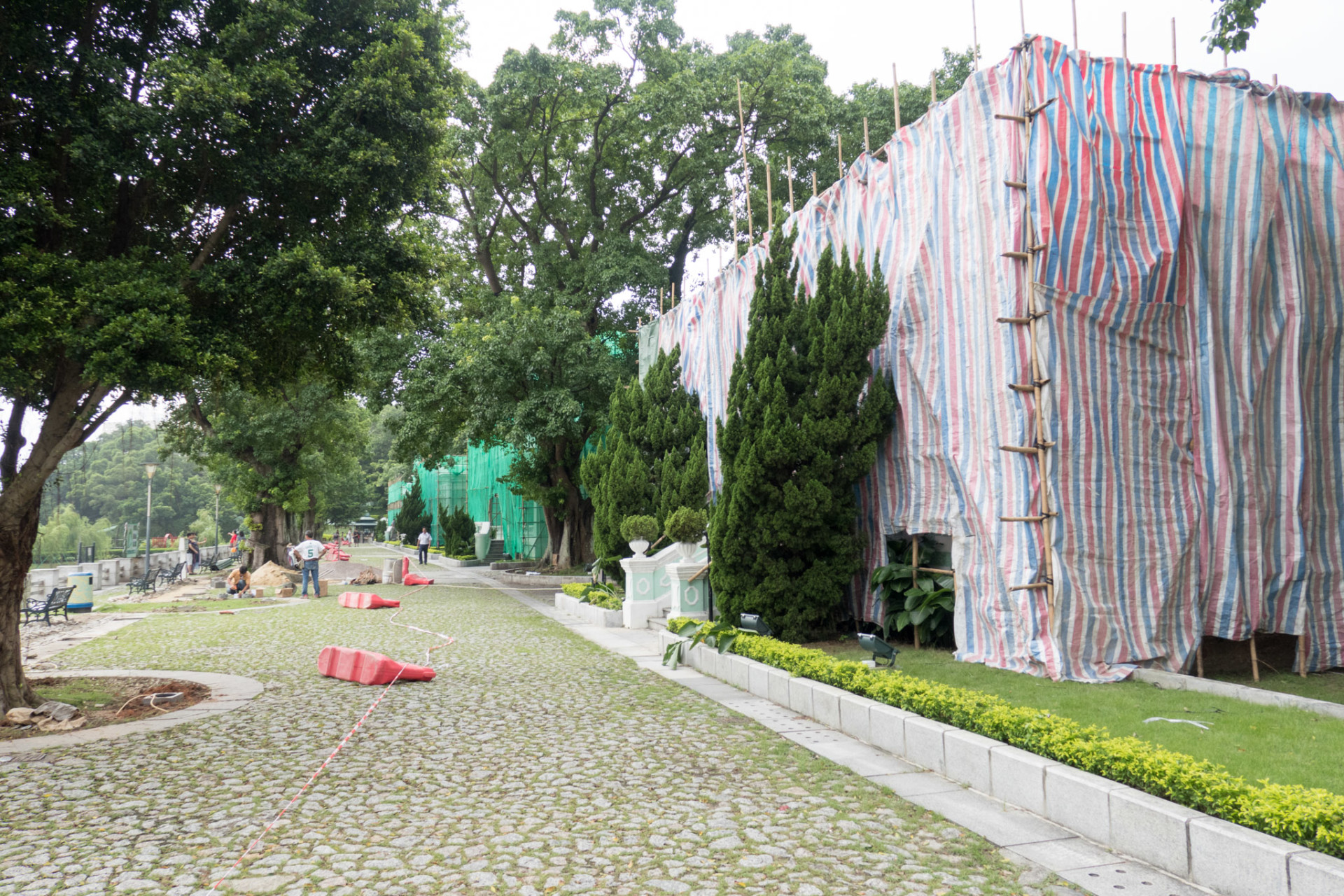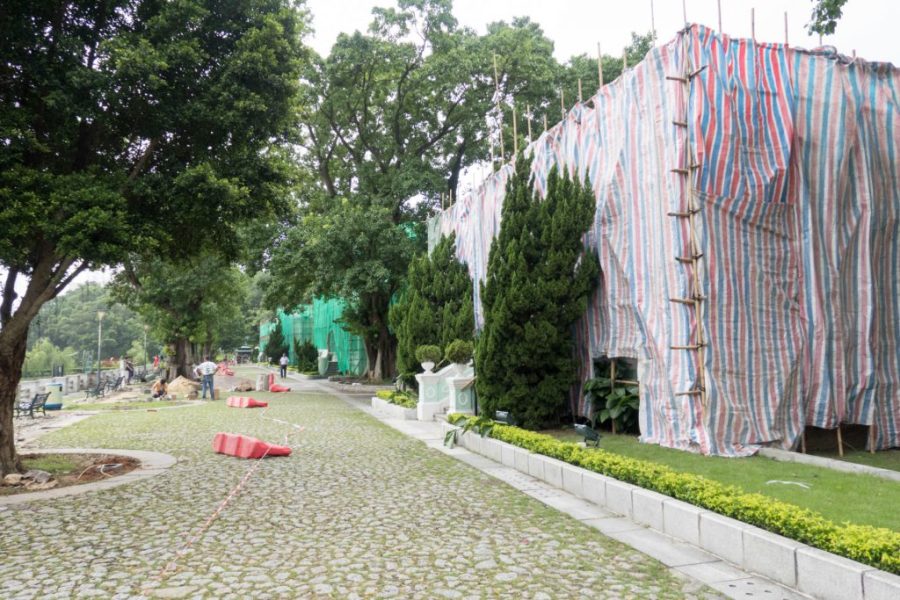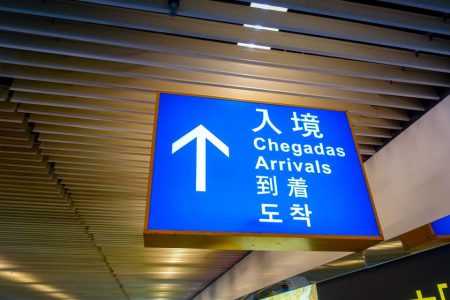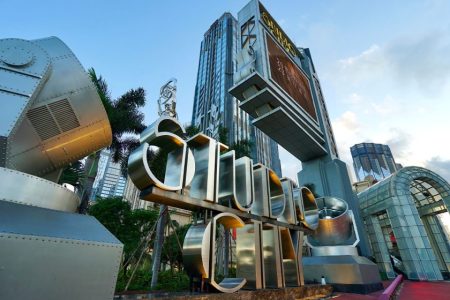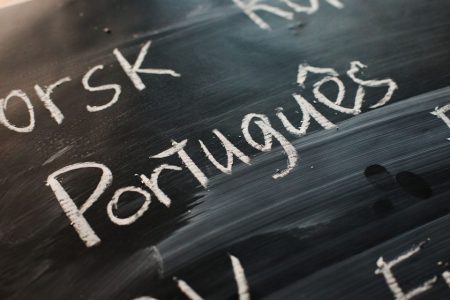The number of people visiting the Taipa-Houses Museum area was expected to rise 10 to 15 percent after the five mansions there have been renovated, Macau Government Tourist Office (MGTO) Director Maria Helena de Senna Fernandes said on Monday.
She made the remarks while addressing a press conference headed by Cultural Affairs Bureau (IC) President Guilherme Ung Vai Meng. Institute for Tourism Studies (IFT) President Fanny Vong Chuk Kwan was also present at the press conference held at the Tourism Activities Centre (CAT) in Zape.
The Taipa-Houses Museum is one of the several dozen cultural venues or facilities that are administered by the Cultural Affairs Bureau.
The bureau said in a statement on Thursday that the five mansions will be temporarily closed due to renovation work, which sparked public concern that the tranquillity and bucolic characteristics of the area might be destroyed for good. The five mansions were built in 1921 and were residences for senior officials and Macanese families at that time.
According to the presentation yesterday, the renovation work involves repainting the exterior walls of the buildings and basic repairs to the doors and windows, as well as adding an embedded lighting system along the area’s gravel path.
After the renovation, all five mansions will be put into use: one will house a restaurant to promote Portuguese cuisine, one has been earmarked as an exhibition venue for foreign consulates and cultural organisations; one will be dedicated to cultural and creative industries; one will be used for cultural and artistic performances or mini-concerts; and one will exhibit the interior design of a typical Macanese family home.
Customarily, the term “Macanese” refers to the city’s ethnic minority of mixed Portuguese and Asian extraction that accounts for about two per cent of the population.
According to Ung, the renovation will cost about 6.4 million patacas, while the cost to operate the area will be about 3 million patacas a year, based on reference data from the Civic and Municipal Affairs Bureau (IACM) which previously administered the mansions.
“We’re not making major changes, we’re just extending what is being done,” Ung said, adding there had been plans back in 1999 for one of the mansions to house a restaurant to promote Portuguese cuisine.
“For some reason, it didn’t happen. We’re just reviving it now,” Ung said, insisting that the renovations were necessary as nothing had been done for over a decade. He said that after the renovations the five mansions would complement each other and enrich the overall ambience there.
According to Senna Fernandes, with the new project in place, the number of visitors to the area might rise 10 to 15 per cent. She didn’t say how many people visited the area before.
“This project is not about attracting hordes of package tour visitors but individual travellers and more sophisticated visitors,” Senna Fernandes said.
The government is yet to decide how to look for a restaurant operator who needs to promote Portuguese cuisine, be self-funding and work under the supervision of the Institute for Tourism Studies.
Meanwhile, several members of the Macanese community told The Macau Post Daily yesterday that the restaurant should promote Macanese cuisine because there are very very few Macanese but many Portuguese restaurants in Macau nowadays.
(Macau News / The Macau Post Daily)
